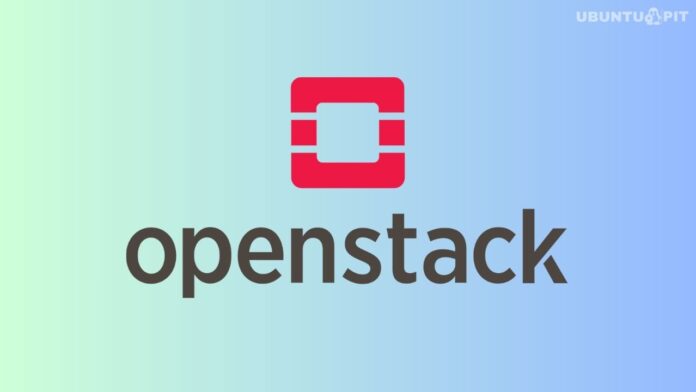OpenStack, the open-source cloud infrastructure project, is celebrating its 15th anniversary this year. Launched in 2010 by NASA and Rackspace to combat vendor lock-in, the platform has become a de facto standard, now powering more than 45 million cores in production across thousands of global organizations.
The milestone underscores OpenStack’s evolution into a mature technology trusted for mission-critical workloads as it pivots toward emerging use cases like AI and confidential computing under the governance of the Linux Foundation.
Canonical, a key partner from the project’s early days, has been a significant force in its growth. The company is the second-biggest contributor to the upstream project, with over five million lines of code, thousands of commits, and numerous code reviews.
Its distribution, Canonical OpenStack, launched in 2014 to simplify adoption for private cloud deployments. This deep integration is reflected in market data; the 2024 OpenStack User Survey reports that 54% of OpenStack clouds now run on Ubuntu Server, making it the preferred operating system. More than 500 clouds run on Canonical’s distribution in production under Ubuntu Pro.
Over the last decade and a half, OpenStack has matured from a “cloud experiment” into what is described as a “rock-solid, production-proven platform.” It is now deployed in high-stakes sectors for sophisticated AI/ML workloads and telco NFV deployments.
Looking ahead, Canonical’s future development efforts are converging in Project Sunbeam, a reimagined OpenStack that is described as “composable yet opinionated by default, enterprise-grade yet simple to deploy, and capable of running anywhere, at any scale.”
Canonical affirmed its long-term commitment, stating it has been there through “every architectural shift, every release, every challenge.” The company expressed confidence in the project’s trajectory, noting it is “more optimistic now about its future than we have ever been before.”


